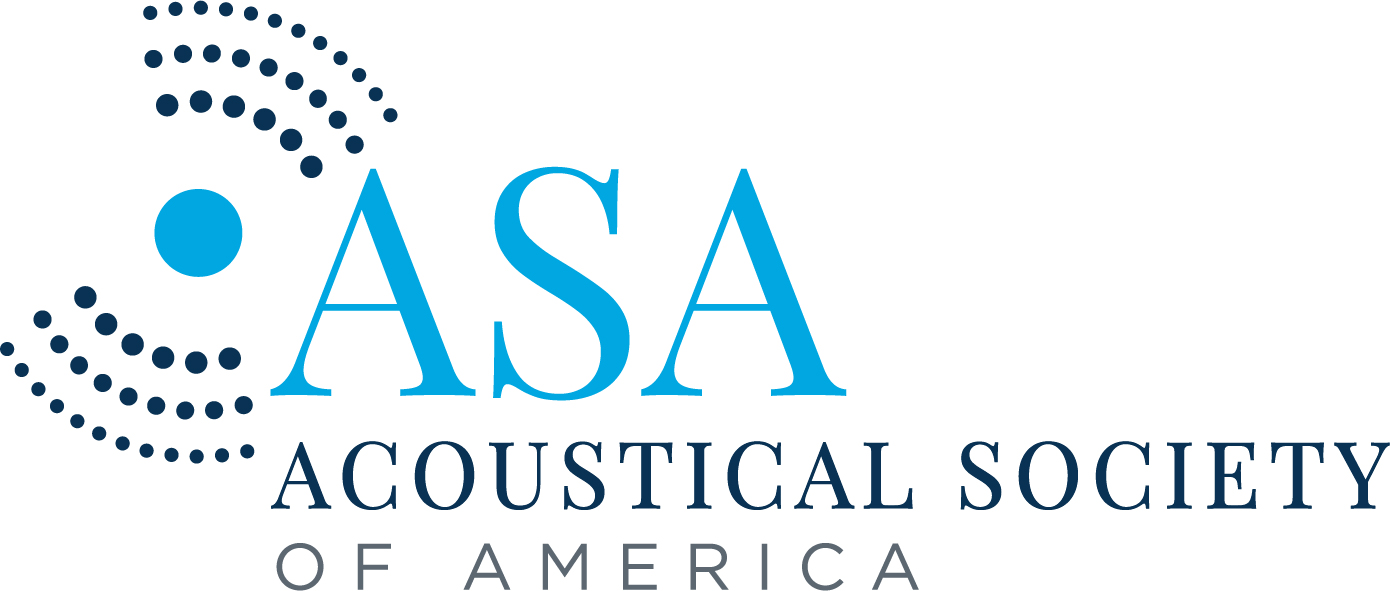Listen to the Toilet — It Could Detect Disease #ASA183
Microphone sensor and machine learning can classify excretion events, identify cholera or other bowel diseases, all without identifiable information.
Media Contact:
Ashley Piccone
AIP Media
301-209-3090
media@aip.org
NASHVILLE, Tenn., Dec. 5, 2022 – Cholera, a bacterial disease that induces diarrhea, affects millions of people and results in about 150,000 deaths each year. Identifying potential communal disease spread for such an outbreak would alert health professionals early and improve the allocation of resources and aid. However, for obvious reasons, monitoring this and other bowel diseases is a sensitive matter.

The sensor in use over a toilet. Credit: Maia Gatlin
In her presentation, “The feces thesis: Using machine learning to detect diarrhea,” Maia Gatlin of the Georgia Institute of Technology will describe how a noninvasive microphone sensor could identify bowel diseases without collecting any identifiable information. The presentation will take place Dec. 5 at 4:35 p.m. Eastern U.S. in Summit C, as part of the 183rd Meeting of the Acoustical Society of America running Dec. 5-9 at the Grand Hyatt Nashville Hotel.
Gatlin and her team tested the technique on audio data from online sources. Each audio sample of an excretion event was transformed into a spectrogram, which essentially captures the sound in an image. Different events produce different features in the audio and the spectrogram. For example, urination creates a consistent tone, while defecation may have a singular tone. In contrast, diarrhea is more random.
Spectrogram images were fed to a machine learning algorithm that learned to classify each event based on its features. The algorithm’s performance was tested against data with and without background noises to make sure it was learning the right sound features, regardless of the sensor’s environment.
“The hope is that this sensor, which is small in footprint and noninvasive in approach, could be deployed to areas where cholera outbreaks are a persistent risk,” said Gatlin. “The sensor could also be used in disaster zones (where water contamination leads to spread of waterborne pathogens), or even in nursing/hospice care facilities to automatically monitor bowel movements of patients. Perhaps someday, our algorithm can be used with existing in-home smart devices to monitor one’s own bowel movements and health!”
In the future, Gatlin and her colleagues plan to gather real-world acoustic data so that their machine learning model can adapt to work in a variety of bathroom environments.
———————– MORE MEETING INFORMATION ———————–
Main meeting website: https://acousticalsociety.org/asa-meetings/
Technical program: https://eppro02.ativ.me/web/planner.php?id=ASAFALL22&proof=true
ASA PRESS ROOM
In the coming weeks, ASA’s Press Room will be updated with newsworthy stories and the press conference schedule at https://acoustics.org/asa-press-room/.
LAY LANGUAGE PAPERS
ASA will also share dozens of lay language papers about topics covered at the conference. Lay language papers are 300 to 500 word summaries of presentations written by scientists for a general audience. They will be accompanied by photos, audio, and video. Learn more at https://acoustics.org/lay-language-papers/.
PRESS REGISTRATION
ASA will grant free registration to credentialed and professional freelance journalists. If you are a reporter and would like to attend the meeting or virtual press conferences, contact AIP Media Services at media@aip.org. For urgent requests, AIP staff can also help with setting up interviews and obtaining images, sound clips, or background information.
ABOUT THE ACOUSTICAL SOCIETY OF AMERICA
The Acoustical Society of America (ASA) is the premier international scientific society in acoustics devoted to the science and technology of sound. Its 7,000 members worldwide represent a broad spectrum of the study of acoustics. ASA publications include The Journal of the Acoustical Society of America (the world’s leading journal on acoustics), JASA Express Letters, Proceedings of Meetings on Acoustics, Acoustics Today magazine, books, and standards on acoustics. The society also holds two major scientific meetings each year. See https://acousticalsociety.org/.
